
Big data for understanding mass migration trends
Recent mobile phone-based technologies can provide new insights into the effects of large-scale migrations as they happen.
2 October 2019
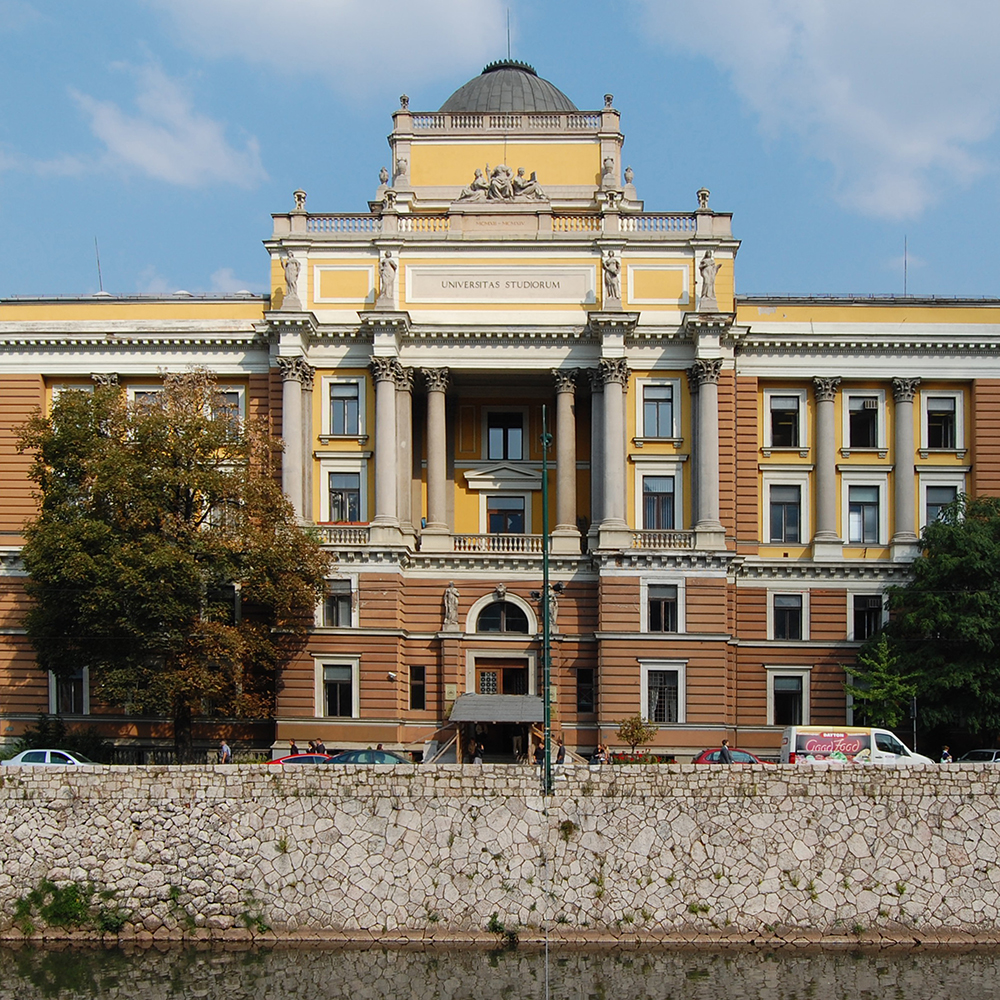
Research
Removing barriers for displaced academics
Researchers displaced due to conflict face a range of barriers when attempting to continue their professional pursuits in the country they have migrated to, removing these barriers is crucial for alleviating suffering and unleashing the potential of academics and students with unique backgrounds and perspectives.
12 September 2019

Opinion
Should we use science fiction to plan a path towards our low-carbon future?
How we can create a more ambitious, more radical (and maybe even more optimistic) view of the low-carbon future.
6 May 2019

What's next for the 'Lost Generation' of academics?
The 'lost generation' refers to mid-career researchers that, after completing many temporary positions, find themselves largely excluded from research careers. How do we address this growing issue?
29 October 2018

Towards a sustainable transport system
Transport accounts for a quarter of global carbon dioxide emissions and remains one of few sectors where emissions are still growing. A key challenge is determining the relative importance of pursuing a technological or a sociological solution: should we change transportation or the behaviour of people?
15 October 2018

Opinion
Gene therapy
50 years after it was first proposed, gene therapy - the modification of DNA to treat disease - has gone from science fiction to clinical reality. However, as prices for gene therapies are released, widespread sticker-shock is raising questions about affordability and fair pricing.
20 July 2018

Opinion

Opinion
The New EU
The new EU27 must look beyond itself and focus on relevant global challenges, which are greater than internal difficulties.
5 March 2018

Opinion
European Trade and Investment
The rules no longer apply. The biggest challenge facing the new EU is the growing threat to the international economic order. From banking to free movement of people and goods to international law and trade, bilateral alliances and unilateral moves have undermined existing structures. As Brexit heats up, a new 2-part series from trade expert Eoin Gahan will explore its trade and investment prospects.
27 November 2017

Brexit: the UK in the departure lounge
If Brexit happens, the UK will not be in a strong position to face global challenges. Lagging in trade openness and innovation, and facing a divergent regulatory environment and declining foreign investment, the UK will struggle to re-negotiate trade deals with global partners. Conversely, as the influence of the EU moves east, increased political coherence could benefit the Euro and EU financial sector.
10 June 2016

Are Pro-Government Political Militias Evidence of a Strong State?
The growth of pro-government political militias and unidentified armed groups has traditionally been associated with weak state capacity however, new research suggests this may be a method of institutional management and can be seen as evidence of a strong state rather than a fragile one.
13 March 2016
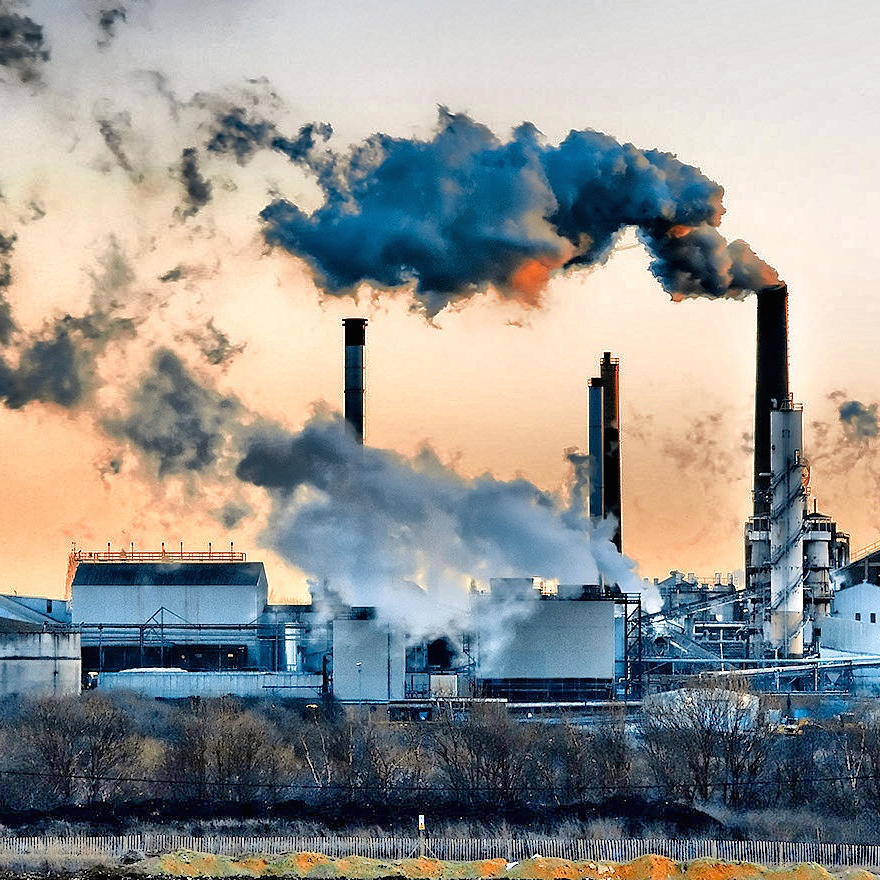
Measuring Global Success
Much debate surrounds the choice of indicator used to determine economic performance and stage of development for governments, businesses and citizens.
24 January 2016
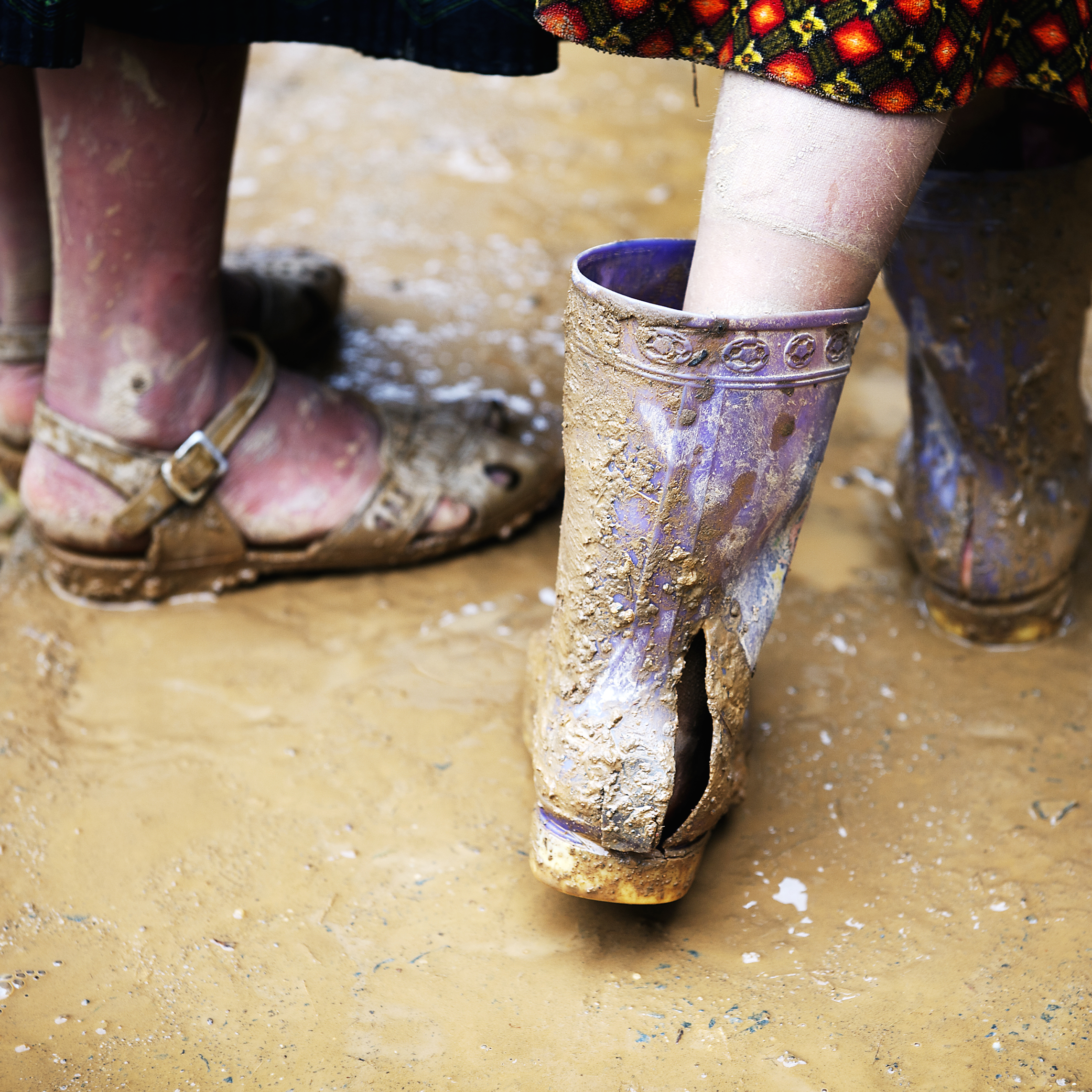
Behavioural insights in the age of austerity
The science of behavioural insights is increasingly seen as an essential component of the toolkit of the savvy policy-maker. However, advances in economic, social, cultural, and evolutionary psychology remind us to keep society, as well as the individual, in focus when looking for the root causes of social problems
17 December 2015

Solar Radiation Management Can Only Work if it Works for the Poor
A promising technology that aims to reflect a small percentage of sunlight back into space called Solar Radiation Management (SRM) could complement mitigation and adaptation in the fight against climate change.
1 December 2015
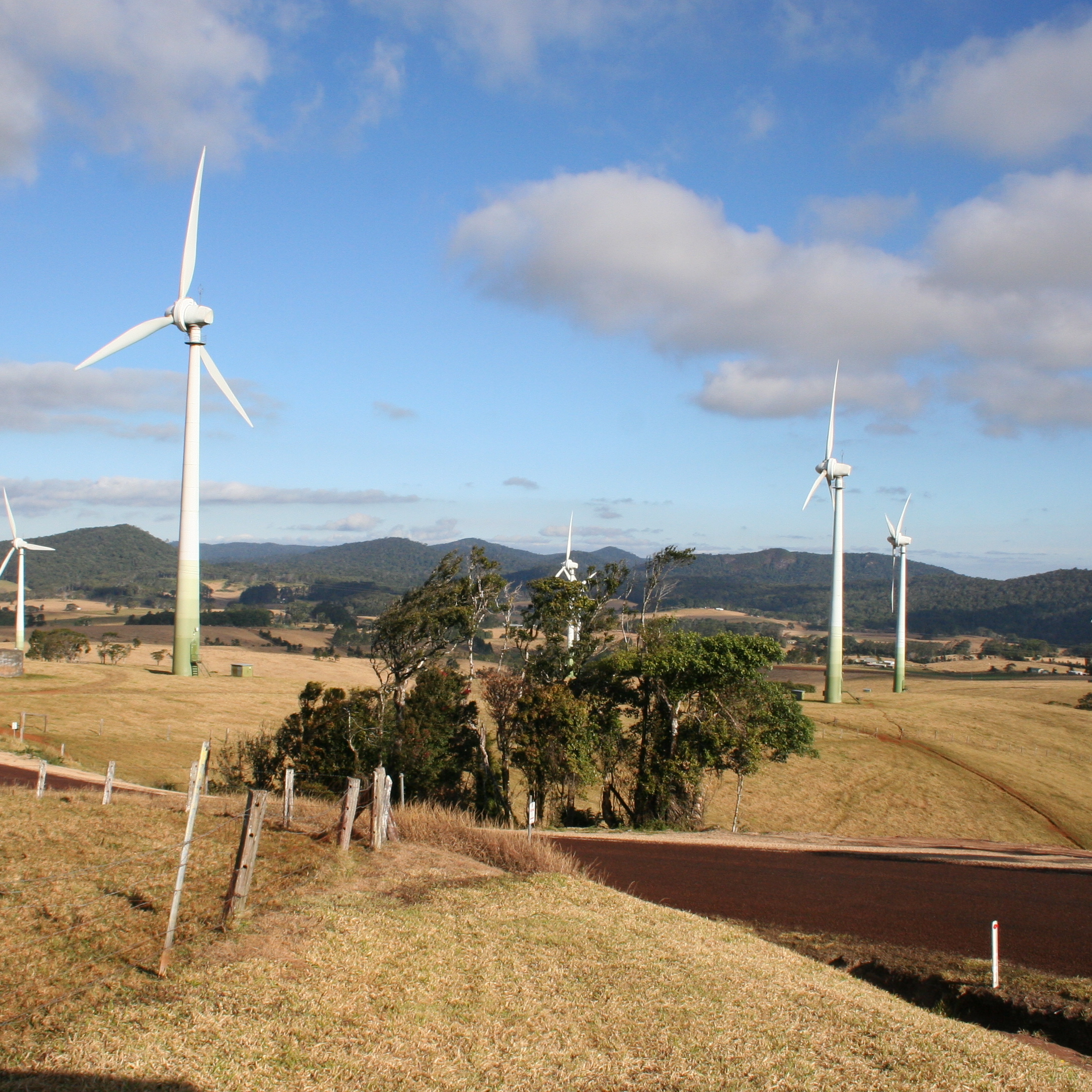
Why carbon pricing will not succeed
Is climate modelling for carbon pricing based on theoretical assumptions that are unlikely to hold in the real world? The benefits of carbon pricing are highly uncertain, and hence it is likely not the most effective way to tackle greenhouse gas emissions.
26 November 2015
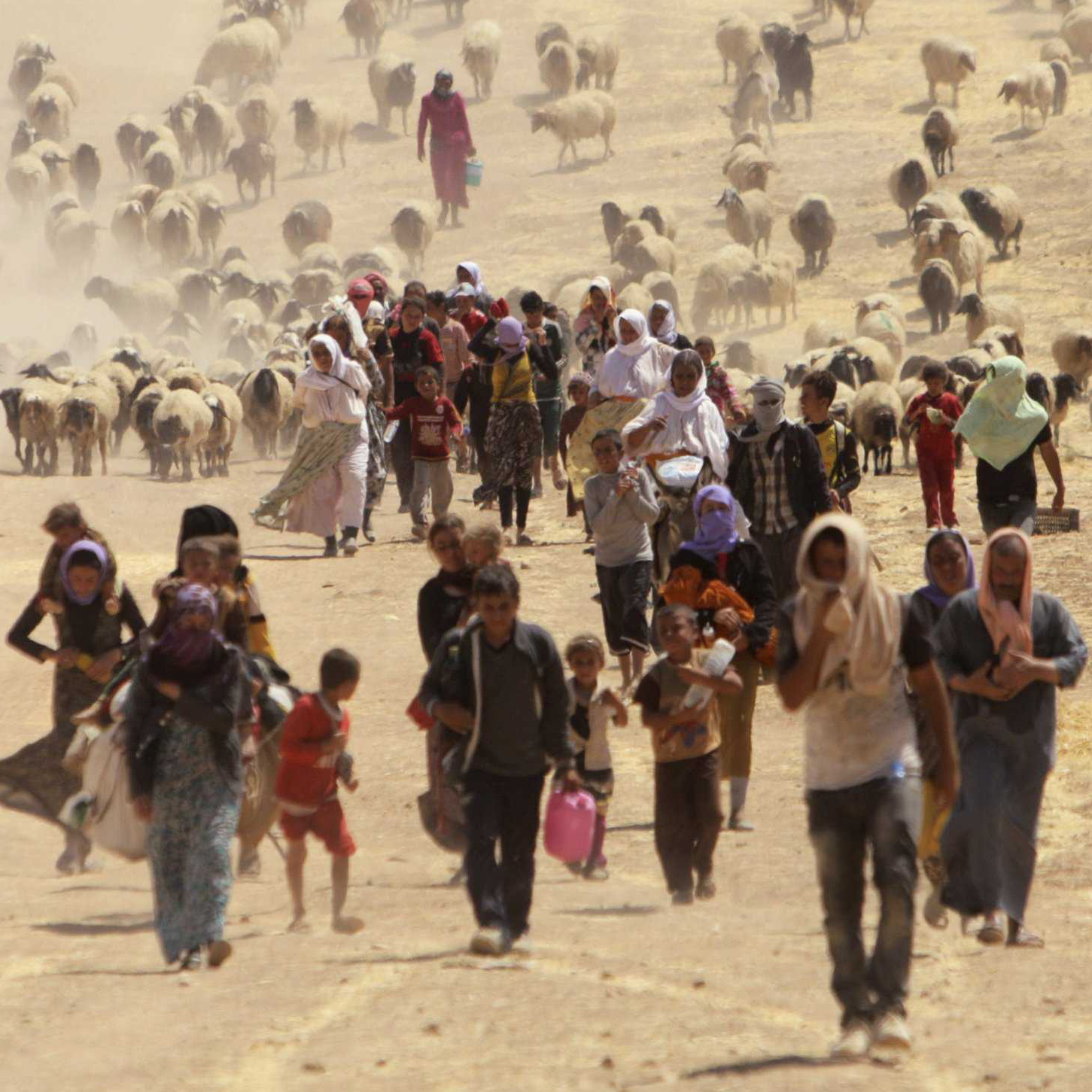
Fragile States
The greatest migration since World War II is under way as refugees flow from Syria to both surrounding countries and Europe. Here we examine the role of climate change with regard to state fragility and migration, and propose three guiding principals for governments to follow when faced with complex and uncertain climate-related threats.
24 November 2015
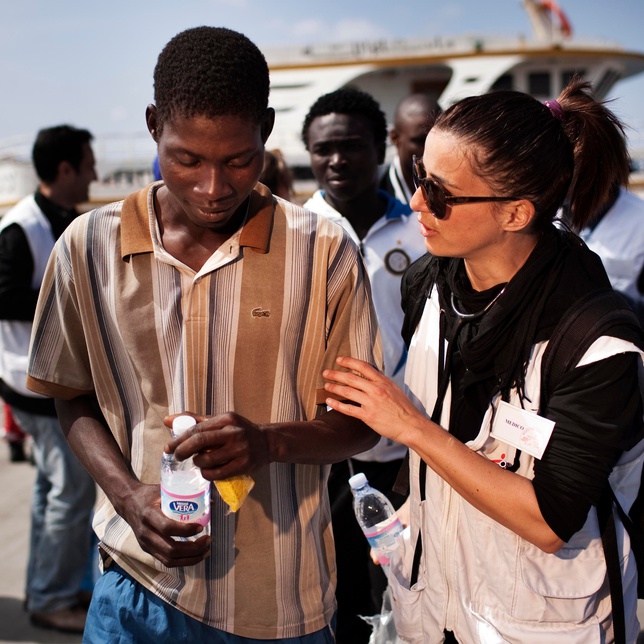
Climate Change, Health, and Migration
In 2003, one million people fled Beijing during a SARS outbreak. In 2009, tens of thousands fled Zimbabwe during an outbreak of cholera. Anna Brach and Khalid Koser discuss how health crises arising from climate change are a significant driver of mass migration.
20 October 2015
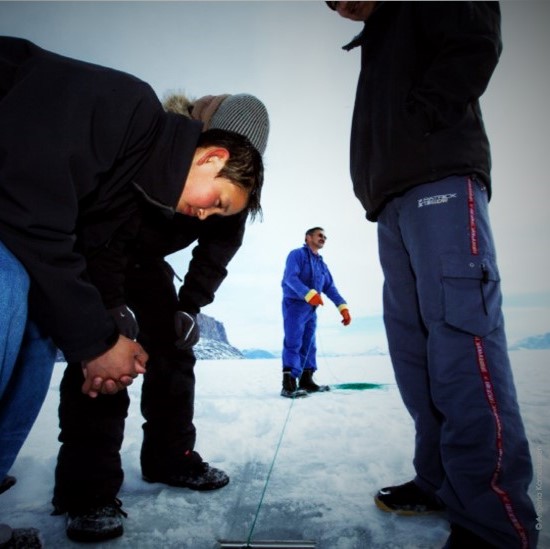
Living above the Arctic Circle
Climate change affects everyone. For Arctic communities, the unpredictable nature of the changes is having a profound impact on health and entire livelihoods. The Arctic people know they’ll need to adapt to a rapidly changing landscape, one in which dependency on the seasons can no longer be relied upon.
30 September 2015
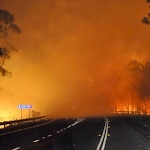
Global Risk: the Wildfire in the Commons
What distinguishes many of today's problems from those faced by former generations? The interconnected nature of global issues like emerging bio-technologies and climate change raises the possibility of 'wildfire risks', where the actions of one can have a great impact on many.
24 June 2015

Coping with Air Pollution in an Age of Urbanisation
In order to tackle exposure to air pollution emissions in urban environments, policies should aim to keep people away from the most polluted areas rather than focusing exclusively on containing the root of the pollution itself.
24 June 2015

Marine Energy: Somewhere Beyond The Sea?
Marine energy has the potential to play a key role in the UK's energy mix in the coming decades, benefited by both its geography and its historical expertise. It is now critical that the necessary steps are taken to enable the technology to progress to the commercially viable stage, and realise its full potential.
22 June 2015

The Gathering Storm
A rights-based approach to protecting victims of climate-induced displacement is needed; one which recognises entitlement to assistance and protection, and leverages opportunities for safe and dignified migration.
15 May 2015

Investing in institutional ‘software’
Building resilience to extreme weather needs a systems approach, including institutional ‘software’ as well as technical, financial, and physical infrastructure – or ‘hardware’.
12 May 2015
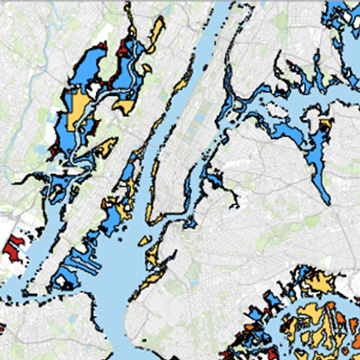
Catastrophe models could transform disaster resilience
Catastrophe models are an emerging tool for governments, NGOs and international aid agencies to assess and prepare for the risks posed by natural disasters.
9 April 2015
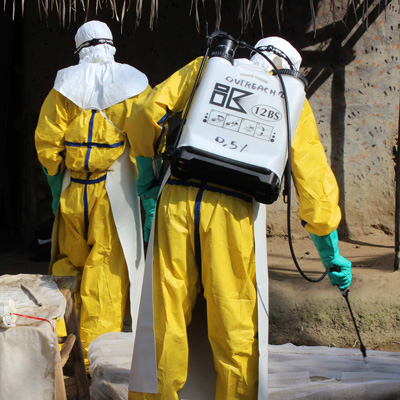
Ebola: 38 years, 25 outbreaks
While forming a key component of the recent Ebola response, much debate surrounds how clinical trials testing new experimental treatments for the disease should be designed.
26 March 2015

Identity: Who Do You Think You Are?
By 2020, it is predicted that networked devices, streaming information and connecting us globally, will exceed 50 billion. But will we be able to switch off, or maintain distinct identities in online and offline worlds?
1 June 2014
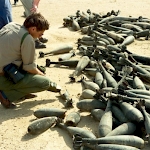
A WMD Free Zone in the Middle East
Nuclear proliferation in the Middle East is high on the regional and international agenda. Fear of a nuclear arms race in the region driven by tensions between Iran and Israel, and continued mistrust surrounding the Iranian nuclear programme, threaten preparations for the upcoming Helsinki conference.
1 October 2013
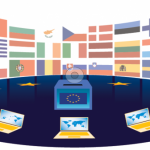
Digital Platforms and E-Bureaucracy in Participative Democracy
In times of widespread access to high speed internet and social media, one would expect that it is easy to reach out to millions of people and encourage them to participate in direct democracy – but experience so far has proven the contrary.
1 October 2013

Getting Everyone On Board To Get Women On The Board
Gender equality in both the workplace and the home can only be reached if mindsets change in parallel with the creation of new laws, and codes of practice.
1 May 2013

Can We Make Our Demand for Food Sustainable and Secure?
Addressing over-consumption and waste are routes to reducing demand, but these probably won’t balance the need to produce more food. To what extent can we increase food production in a way that is both sustainable and secure?
1 January 2013






